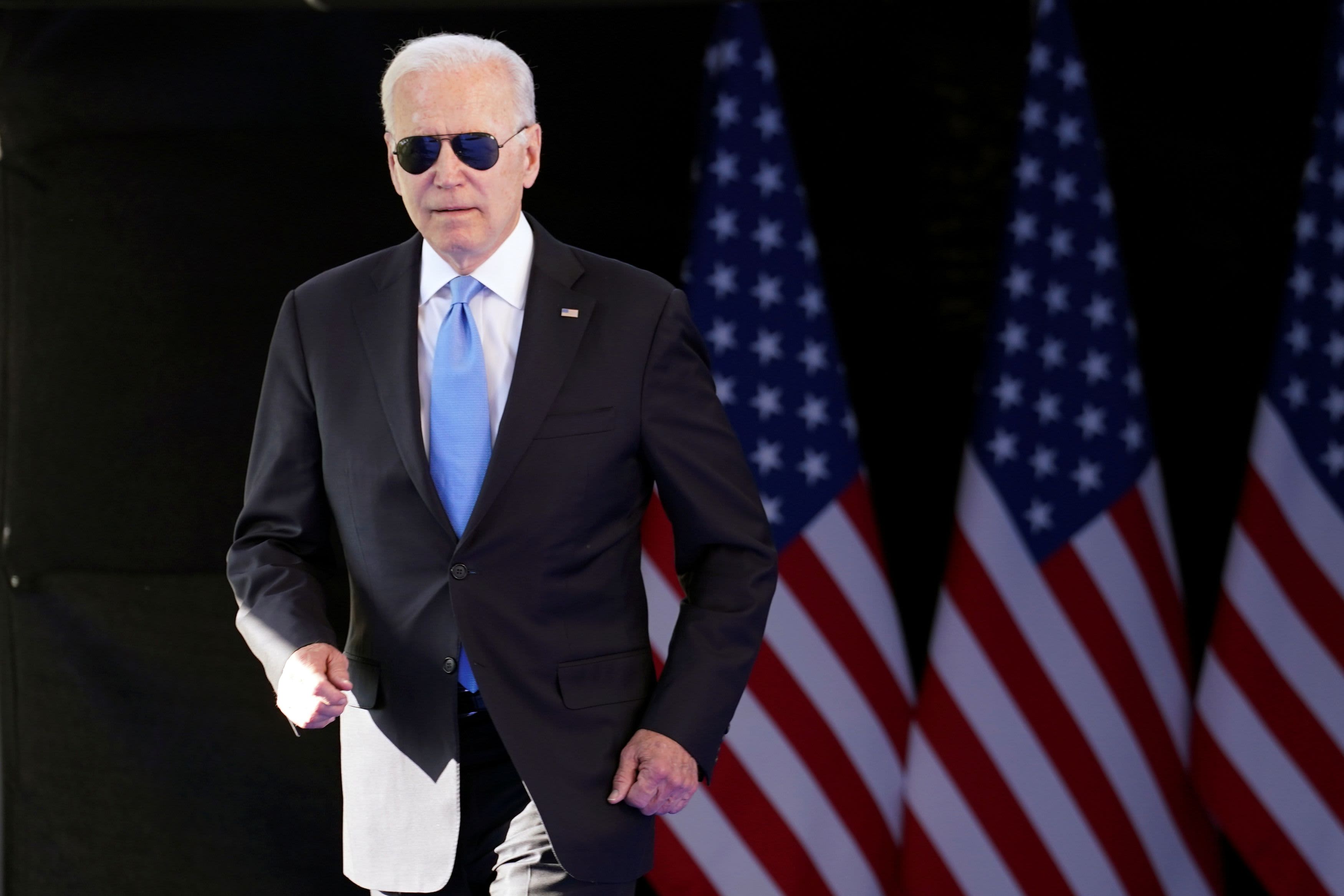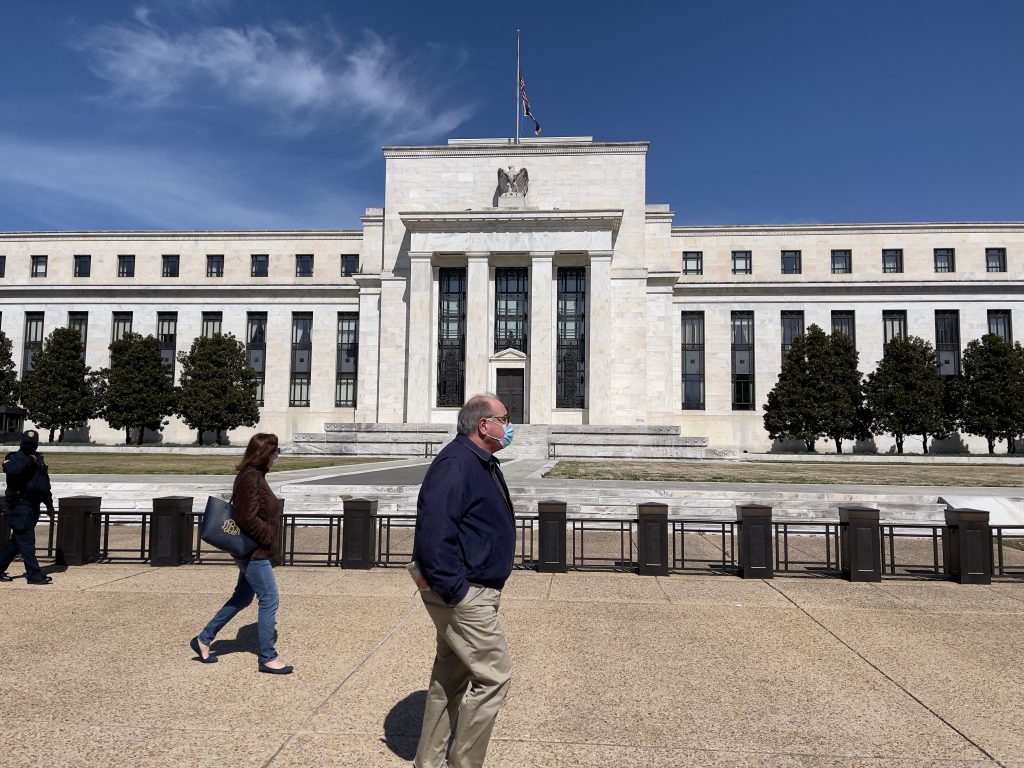Russian President Vladimir Putin said he and President Joe Biden agreed Wednesday that their ambassadors will return to their foreign posts, marking a resumption of diplomatic relations that had been suspended since April.
Putin said at a press conference that the talks with Biden were “very productive” and “there has been no hostility” between the two.
Biden echoed this sentiment at his own press conference, calling the talks, “good, positive.” He added that the talks were not “done in a hyperbolic atmosphere – that is too much of what is going on.”
Currently, neither Russia’s ambassador to the U.S., Anatoly Antonov, nor Washington’s ambassador to Moscow, John Sullivan, is stationed at his post. Both men were recalled this spring after Biden announced a fresh round of U.S. sanctions aimed at punishing Russia for a massive cyberattack last year on American government agencies.
As a result, consular operations, visas and other diplomatic services in both countries effectively ground to a halt. This breakdown had a ripple effect on industries, families and aid groups that maintain ties in both countries.
The return of the ambassadors was one of the few concrete outcomes to emerge in the immediate aftermath of the meetings between the two leaders in Geneva on Wednesday.
Russia’s President Vladimir Putin gestures as he holds a news conference after the U.S.-Russia summit with U.S. President Joe Biden at Villa La Grange in Geneva, Switzerland, June 16, 2021.
Denis Balibouse | Reuters
The summit began with a 90-minute meeting featuring only Biden, Putin and their top foreign policy aides, Secretary of State Antony Blinken and Russian Foreign Minister Sergey Lavrov.
Following the meeting, the two sides moved on to an expanded bilateral session with more aides.
Officials had previously agreed that Putin would give the first press conference following the talks, and Biden would speak afterward.
Topping the agenda were nuclear arms control and cyberwarfare and security.
Nuclear talks
In February, the Biden administration extended the New Strategic Arms Reduction Treaty with Russia for five more years.
The Russian president said he and Biden reached an agreement Wednesday that consultations on “strategic stability,” shorthand for nuclear arsenals, would resume between the two nations and that working level officials would decide the composition, location and frequency of these talks.
Biden said the same, adding that in practical terms this means “get our military and diplomatic experts together to gain control over new and dangerous weapons systems.”
The United States and Russia will “embark together on an integrated bilateral Strategic Stability Dialogue in the near future. We seek to lay the groundwork for future arms control and risk reduction measures,” according to a joint statement tweeted by the Russian foreign ministry.
New START is currently the only arms control treaty in place between Washington and Moscow.
Former President Donald Trump withdrew from the Intermediate-Range Nuclear Forces. Similar to the INF treaty, New START limits the nuclear arsenals of Washington and Moscow.
The United States and Russia own the lion’s share of the world’s nuclear weapons.
US President Joe Biden (L) and Russia’s President Vladimir Putin (R) meet for talks at the Villa La Grange.
Mikhail Metzel | TASS | Getty Images
Cybercrime
Biden said he and Putin discussed cybersecurity at length, and that he told Putin that “certain critical infrastructure should be off limits for attack, period.” Biden said he gave Putin a list of 16 specific entities, from energy to water systems.
Putin said the two men discussed “cybersecurity,” but he denied any state involvement in the attacks. He then pivoted to blaming the United States for harboring cybercriminals.
Biden’s warning to Putin followed two targeted ransomware attacks in the past month that have directly impacted American citizens, both perpetrated by criminals believed to be based in Russia.
The first was an attack in early May on the operator of the nation’s largest gas pipeline, Colonial Pipeline. The attack forced the company to shut down approximately 5,500 miles of fuel pipeline, leading to a disruption of nearly half of the East Coast’s fuel supply and causing gasoline shortages in the Southeast and airline disruptions.
The second attack, this one by a different Russian-based cybercriminal group, targeted JBS, the world’s largest meat supplier. The company ultimately paid $11 million in ransom, but not before it briefly shut down its entire U.S. operation.
Putin deflected questions about the attacks, and he specifically mentioned the Colonial Pipeline attack as one that Russia had nothing to do with.
But U.S. officials say the idea that Putin is unaware of these attacks isn’t credible, given the tight grip he maintains over Russia’s intelligence services, and its murkier, off-the-books network of contractors.
Russian President Vladimir Putin (L) shakes hands with US President Joe Biden prior to the US-Russia summit at the Villa La Grange, in Geneva on June 16, 2021.
Brendan Smialowski | AFP | Getty Images
From the outset, there were few breakthroughs expected from either side. Biden and Putin recently said they believe Russian-American relations are at their lowest point since the Cold War.
Officials in Moscow and Washington also spent months lowering expectations for the summit, and this week aides to both leaders said it was unlikely that any agreements would be reached in Geneva.
Rather than seek concrete deliverable results, the United States saw the summit as an opportunity to build a more stable and predictable relationship between the world’s two biggest nuclear powers.


